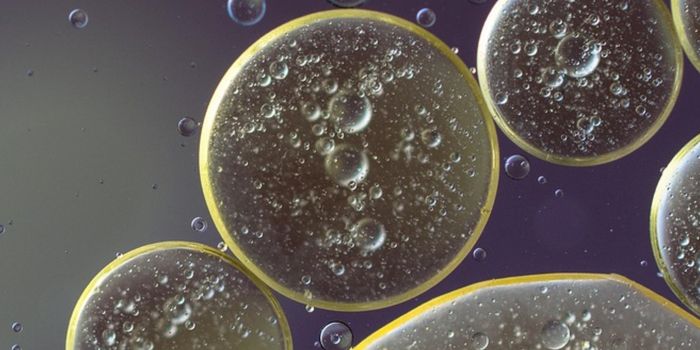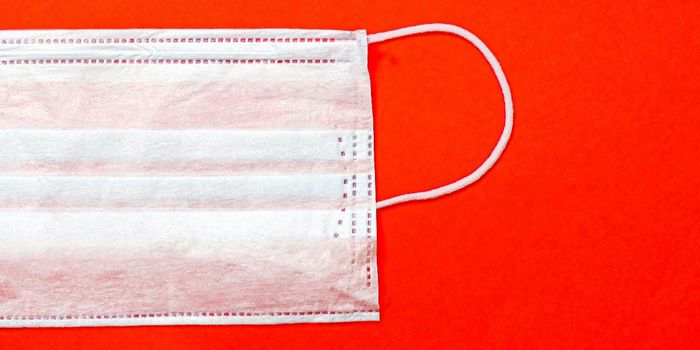Neonicotinoid insecticides kill and stunt growth of butterflies and bees - but perhaps even more dangerous is that the USDA is threatening scientists for publishing their data on these topics.
Due to backlash from a US Department of Agriculture scandal last October regarding a whistleblower claim filed by senior research entomologist Jonathan Lundgren, my inbox has been flooded with environmentalist groups’ petitions. Last October, Lundgren, who had spent 11 years working for the USDA in the research service in South Dakota, had recently published his research on the effects of a largely used brand of insecticide called neonicotinoids, or neonics, on key pollinators such as honey bees and monarch butterflies. Neonics have been in use by farmers since the 1990s - today approximately 6 million pounds are used on farms within the United States every year, either through spray or insecticide-coated seeds. The Center for Food Safety states in a
report: “Almost all of the corn seed and approximately half of the soybeans in the U.S. are treated with neonicotinoids,” as well as more than 90 percent of North American planted canola. A United States Geological Survey study of 36 streams throughout the US and Puerto Rico found neonics in upwards of half the fresh water streams. These included insecticides used for farming as well as lawn control and golf courses. This poses a threat to fish and freshwater macroinvertebrates, as well as animals farther up the foodchain - those eating the fish.

Back to the bees: Lundgren’s research showed that neonics can kill pollinators directly because the pollinators take up the insecticide from pollen, as well as stunt their growth and cause them to become disoriented, which can lead them astray from their hives. Although Lundgren believed that he had gotten the appropriate approvals to publish his findings, as soon as did be began to receive backlash from the USDA offices in Brookings, South Dakota because of the “sensitive” nature of his research. Sensitive to who? Pressure from the pesticide industries such as Monsanto, Bayer, and Syngenta is thought to have a strong hold in the USDA, which could account for pressure on scientists’ like Lundgren’s data. Jeff Ruch, executive director of Public Employees for Environmental Responsibility, the group who is representing Lundgren’s whistleblower case, said: "Once he started publishing this work, he went from golden boy to pariah, and that's what this case is about."

Flash forward a few months and judging from the news in my inbox, the hubbub has not ended. The latest petition, organized by Environment Massachusetts urges the USDA to conduct an investigation to ensure that the agency is protecting its’ scientific integrity - without tampering from politics or big industry. To join in on the action and fight for the rights of science,
sign now.
Sources:
takepart,
Reuters,
MPR News










